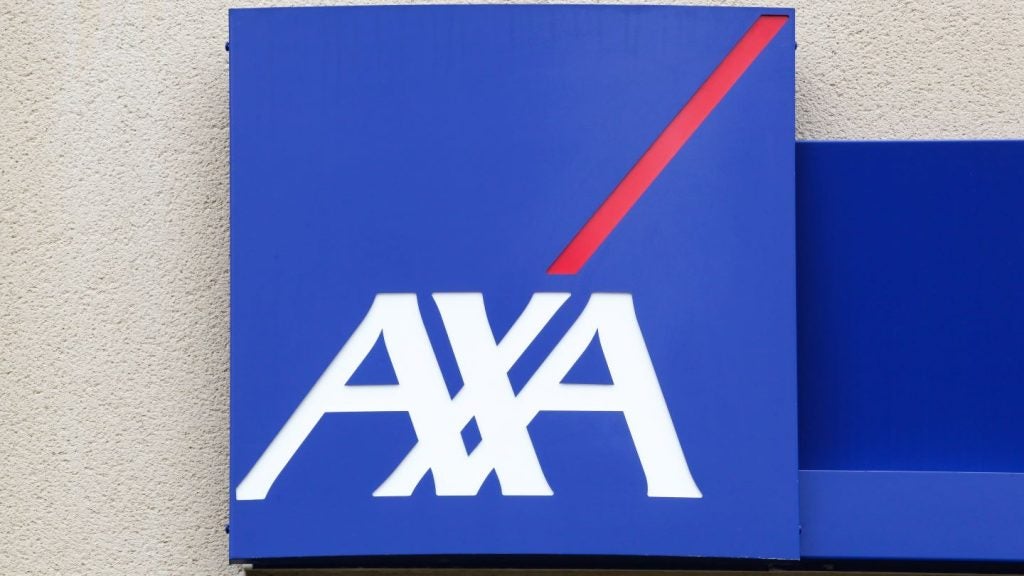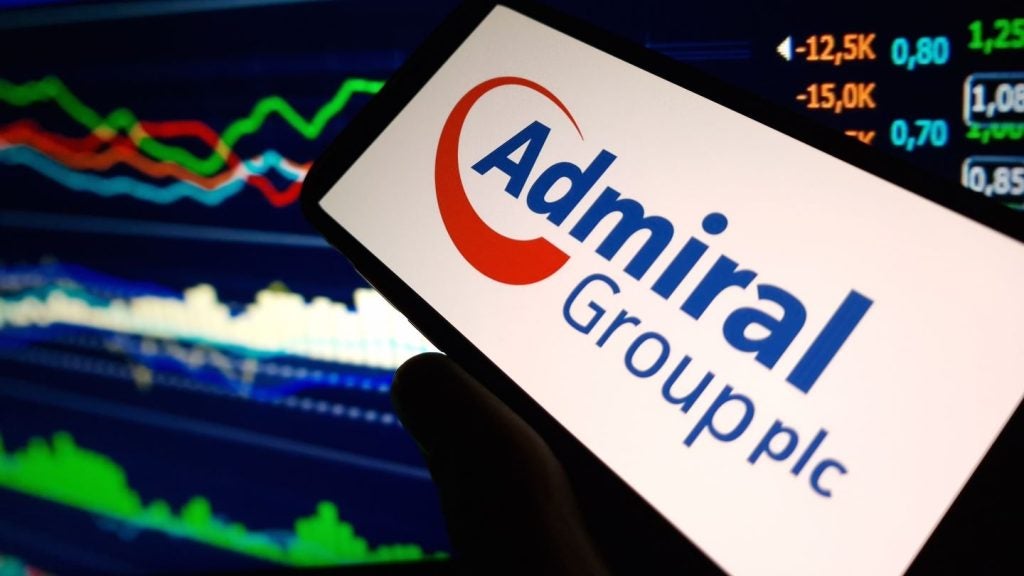Prudential were the only insurers vying for the business of UK
companies wanting to remove their defined benefit (DB) pension
scheme liabilities. Today there are more than a dozen insurers in
the UK buyout market all lured by the prospect of major growth in a
DB pensions market worth about £1 trillion ($2 trillion).
Not all share their optimism, the most sobering view on the
buyout market’s prospects coming from Aon Consulting, a unit of
insurance broker and risk management service provider Aon.

Access deeper industry intelligence
Experience unmatched clarity with a single platform that combines unique data, AI, and human expertise.
While Aon concedes that more sponsors than ever want to minimise or
remove the effect of DB schemes on their financial results,
realisation of this objective is generally likely be of a long-term
nature.
“While there is a widespread intention to eliminate pension
liabilities from the balance sheet in the next 10 to 15 years, the
immediate demand for securing the benefits with buyout insurers is
limited,” said Aon Consulting head of closed schemes Paul
Belok.
His view is based on a survey of 150 UK companies operating DB
schemes undertaken by Aon.
The research showed that 68 percent of companies are not interested
in buyout at present. Of those that are, only 10 percent would be
prepared to pay more than 120 percent of the liabilities calculated
under the UK pension accounting standard, FRS17. According to Aon
Consulting, the typical cost of a buyout is about 130 percent of
the liabilities under FRS17, although this varies from scheme to
scheme.

US Tariffs are shifting - will you react or anticipate?
Don’t let policy changes catch you off guard. Stay proactive with real-time data and expert analysis.
By GlobalDataAmong companies surveyed considering a buyout, Aon found that the
average period to buyout is likely to be about 12 years. Notably,
40 percent of companies expect to remove scheme liabilities over a
period longer than 10 years while many large schemes could take
even longer, with almost 20 percent of companies expecting to take
more than 20 years.
A view similar to Aon’s was expressed by benefits consultancy
Mercer in its 2007 pensions deficit survey. Mercer noted that
although there had been a significant fall in the premium charged
by insurers to take on full responsibility for member benefits in
2007, “an insured buyout is still well beyond the reach of most
pension schemes”. Mercer estimated that at the end of 2007 the 350
largest companies listed on the London Stock Exchange would incur a
total cost of £122 billion to execute insured buyouts of their DB
schemes. Notably, this was down considerably on Mercer’s estimate
of £250 billion at the end of 2006.
Despite drawbacks, the buyout market has surged ahead in 2008.
Among significant deals was the largest-yet buyout, that of film
industry service provider The Rank Group’s £700 million DB scheme
in February. The transaction, in which Mercer was lead broker, was
the first buyout undertaken by Rothesay Life, a unit of US
investment bank Goldman Sachs.
Paternoster, another specialist buyout insurer, has also set a
cracking pace. In the first quarter of 2008 Paternoster reported it
had executed eight buyouts worth a total of £520 million, almost
four times the level it achieved in the first quarter of 2007.
According to Paternoster the overall business secured in the buyout
market in first quarter of 2008 exceeded £2.5 billion, equal to the
total written in 2007.
“The market appears to be growing rapidly,” said Paternoster CEO
Mark Wood.








